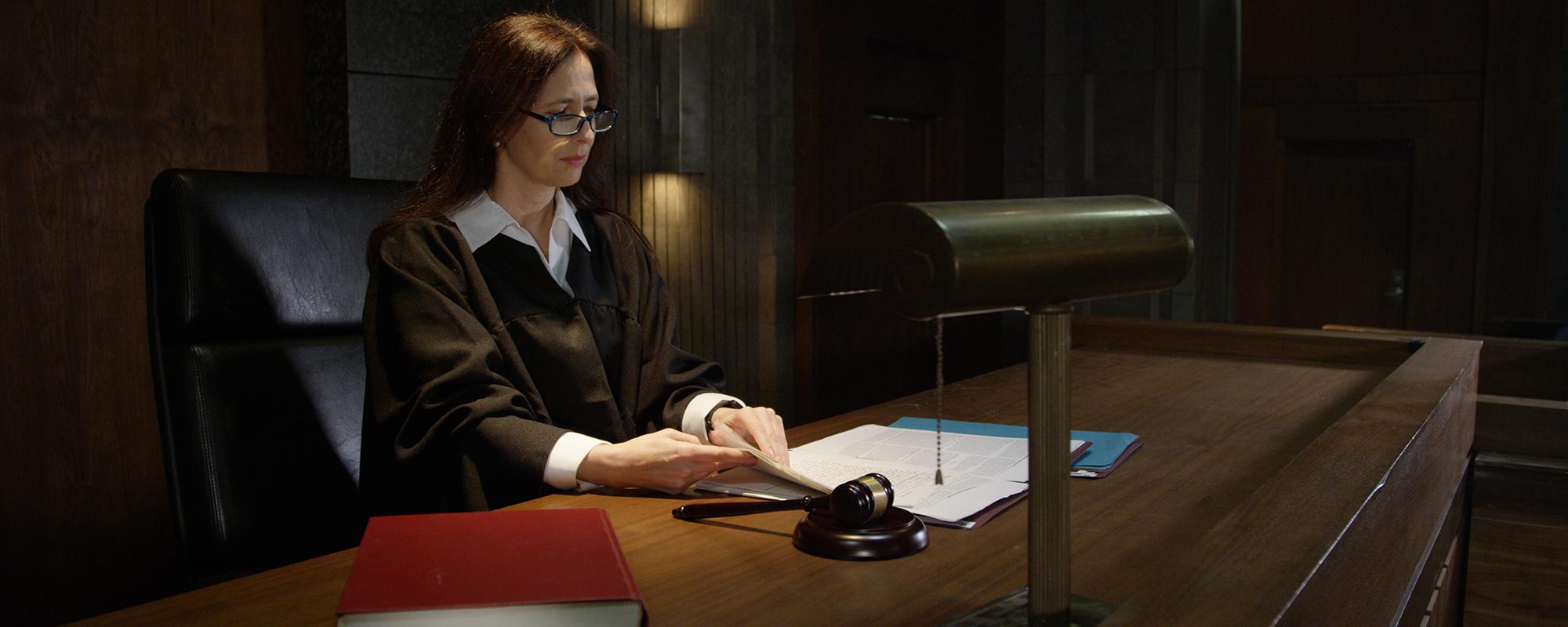Does the Canadian Charter of Rights and Freedoms apply to the actions of law enforcement agencies when they are pursuing an investigation outside of Canada? That is the issue that will be before the Supreme Court of Canada on May 19, 2022 in McGregor v Her Majesty the Queen (SCC 39543). In that case, Corporal McGregor, a member of the Canadian Armed Forces, was being investigated by the Canadian Forces National Investigation Service (CFNIS) for alleged criminal violations. Although the CFNIS was doing the investigation and conducted a search of Cpl McGregor’s residence in the United States (where he was posted), the search warrant was obtained by an American police force. Cpl McGregor argued that the search violated his rights to be free from unreasonable search and seizure under the Charter, but both the Court Martial and Court Martial Appeal Court found that the Charter’s protections did not apply outside of Canada, in the circumstances of McGregor’s case. Both decisions rely in large part on the Supreme Court of Canada’s decision in R. v. Hape.
CCLA has intervened in McGregor to argue that the Charter may have extraterritorial application and that the Supreme Court’s decision in Hape (and the Court Martial Appeal Court’s reliance on it) was flawed. CCLA has argued that denying the Charter’s application outside of Canada has created a human rights gap, is inconsistent with customary international law and international human rights law, and improperly gives foreign states a veto over the reach of the Charter when Canadian officials operate abroad. When Canadian officials are involved in investigating criminal allegations, the Charter’s protections and due process guarantees should apply even if the investigation itself takes place outside of Canada. This approach is more consistent with a broad understanding of human rights protections.
The Supreme Court will hear the case on May 19, 2022. CCLA is grateful to its excellent pro bono counsel, Leah West and Solomon Friedman of Friedman Mansour LLP in Ottawa. CCLA’s factum is available here.
A live webcast of the hearing will be available here.
About the Canadian Civil Liberties Association
The CCLA is an independent, non-profit organization with supporters from across the country. Founded in 1964, the CCLA is a national human rights organization committed to defending the rights, dignity, safety, and freedoms of all people in Canada.
For the Media
For further comments, please contact us at media@ccla.org.





